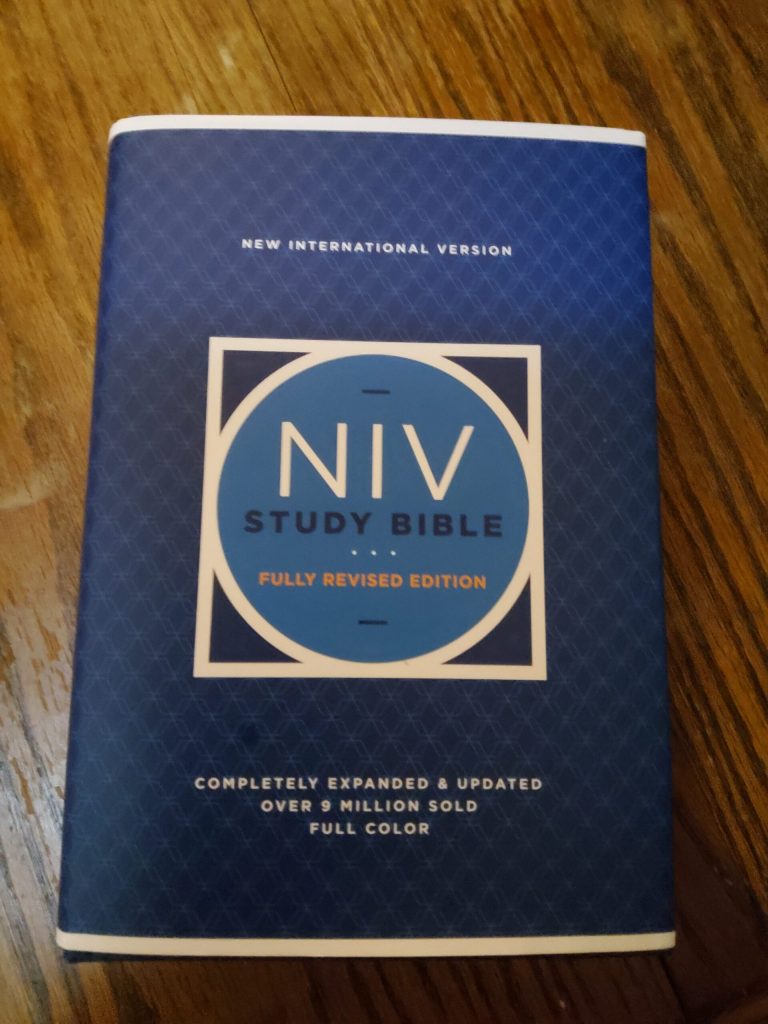Yet Again The Voice and Italics
I know I’m beating this topic to death, but I can’t help it. Really I can’t. Or at least I won’t.
I was reading Hebrews today, and I ran into some interesting examples, both of positive and (in my opinion) negative uses of italics. Before I look at a couple of cases, however, I do really like the flow of this translation of Hebrews. For the most part they don’t get too wordy in trying to make the text clear in English, but they do clarify a number of points. Other than the standard problem with a clear translation–often the translators must make large numbers of interpretive decisions and then cut out the alternatives in their rendering–this translation is quite good.
Now to the use of italics. In Hebrews 1:1, the word “Hebrew” is added before prophets. This seems to be quite a likely clarification. I do question the necessity. But in 1:13-14, the italics provide some valuable clarification of the text. After “at My right hand,” “in the seat of honor” is added. It is quite possible that modern readers may not recognize that fact. Then in 14, beginning the answer to the question that opened verse 13, we have “No, of course not.” It’s clear from the context that the answer to the question is going to be “no,” but again, what might be missed is made explicit.
But in chapter 2:2, we have a note that I believe is entirely unwarranted. Verse 2 reads:
For if the words of instruction and inspiration brought by heaven’s messengers were valid, and if we live in a universe where sin and disobedience receive their just rewards, … (note: italics/non-italics reversed)
I believe that this verse refers to the Mosaic law and to the punishments under it, which tradition held was mediated by angels, and not to general instruction and inspiration of angels and the nature of the universe. What we’re being prepared for is the idea that the punishment for rejecting the message of Jesus (“imprinted with God’s image”–The Voice) would be greater, not less than, the punishment for rejecting Torah, brought by angels to Moses.
I’m guessing there’s a desire here not to accept the idea that the author of Hebrews might believe that the Torah was mediated by angels, since that is extra-biblical. But interpreting this otherwise loses some of the emphasis of the message the author is intending to convey.
In summary, thus far I’ve found the use of italics in The Voice as inconsistent as it is in the various formal equivalence versions. There’s no bright line between words that are justified by the source text, and words that constitute additional explanation. Readers will differ on this point and it’s hard to be consistent and also appear to be consistent.
